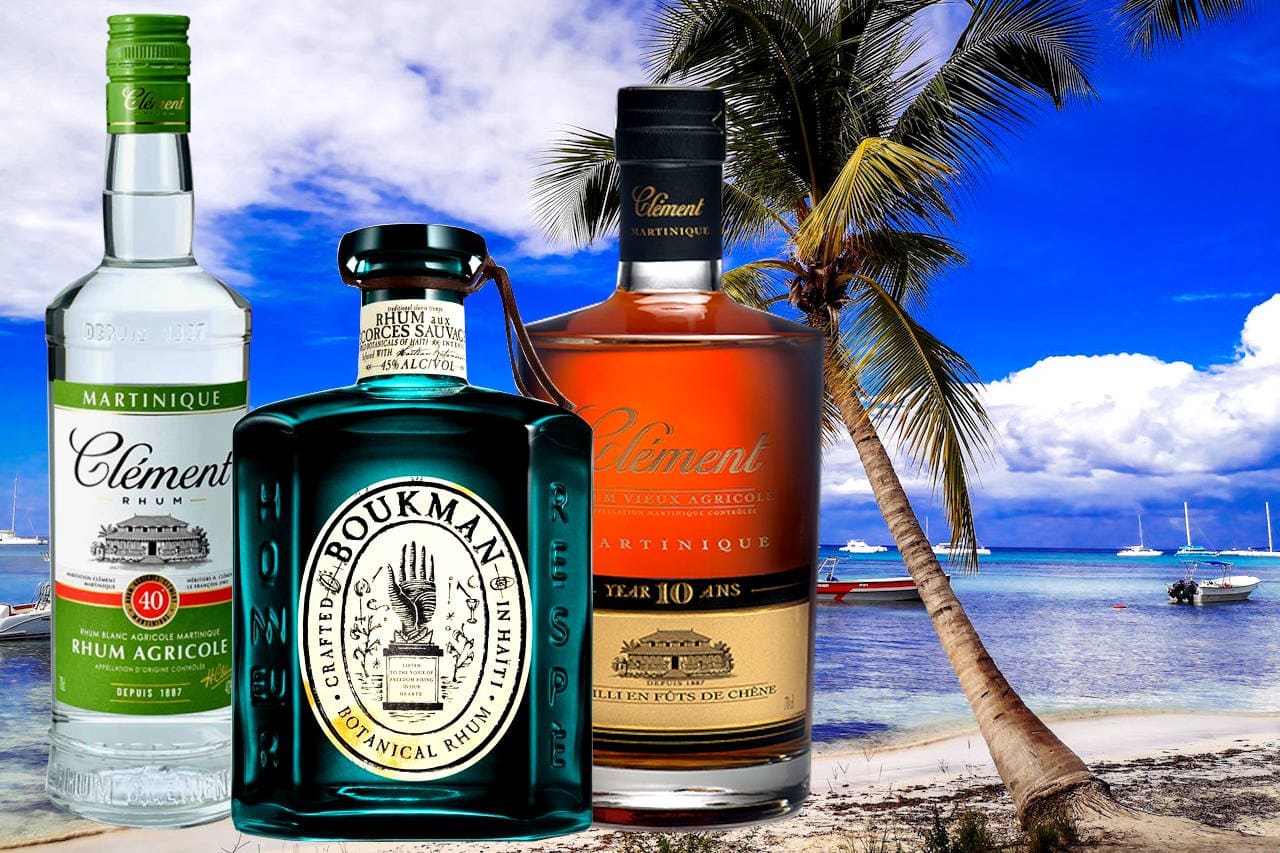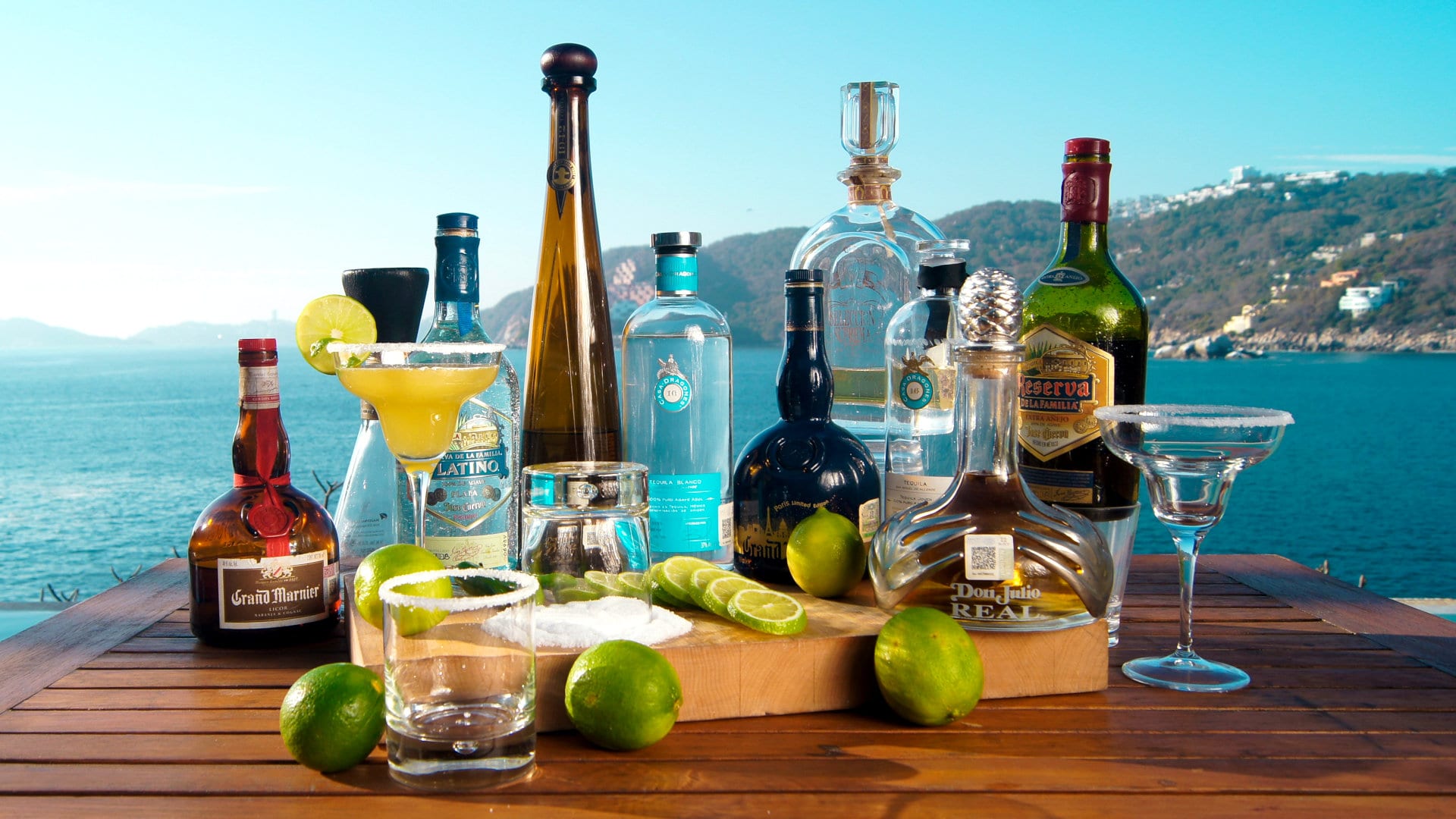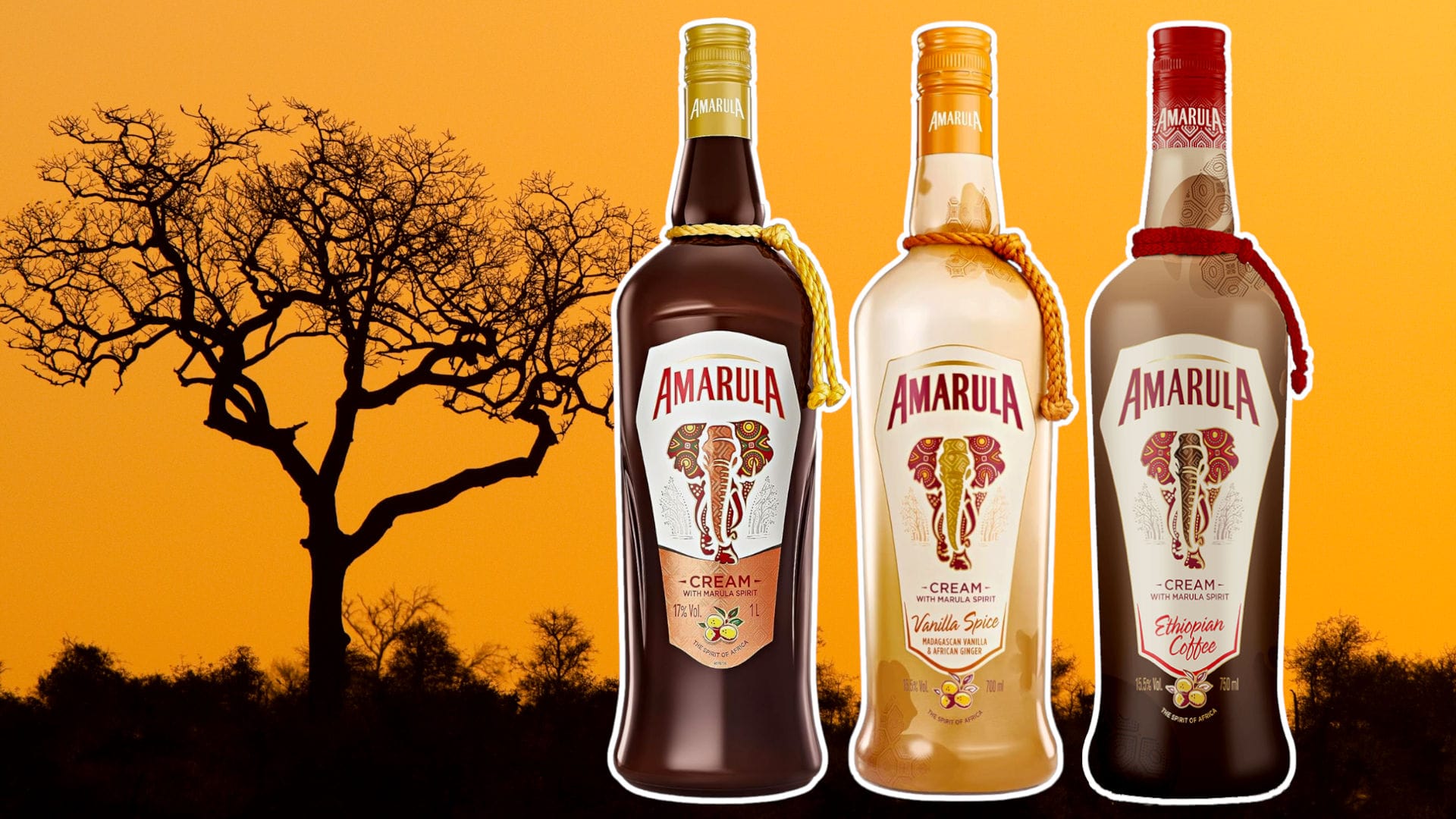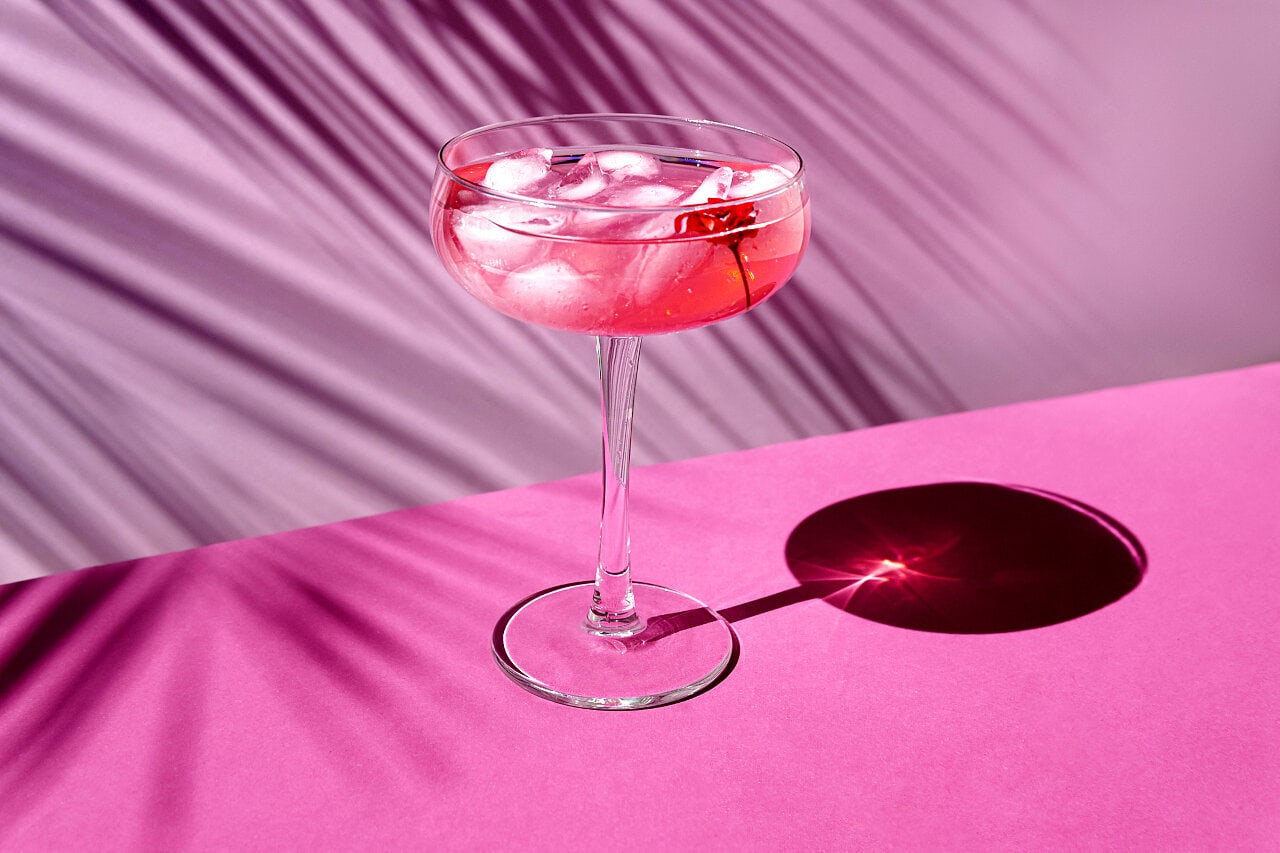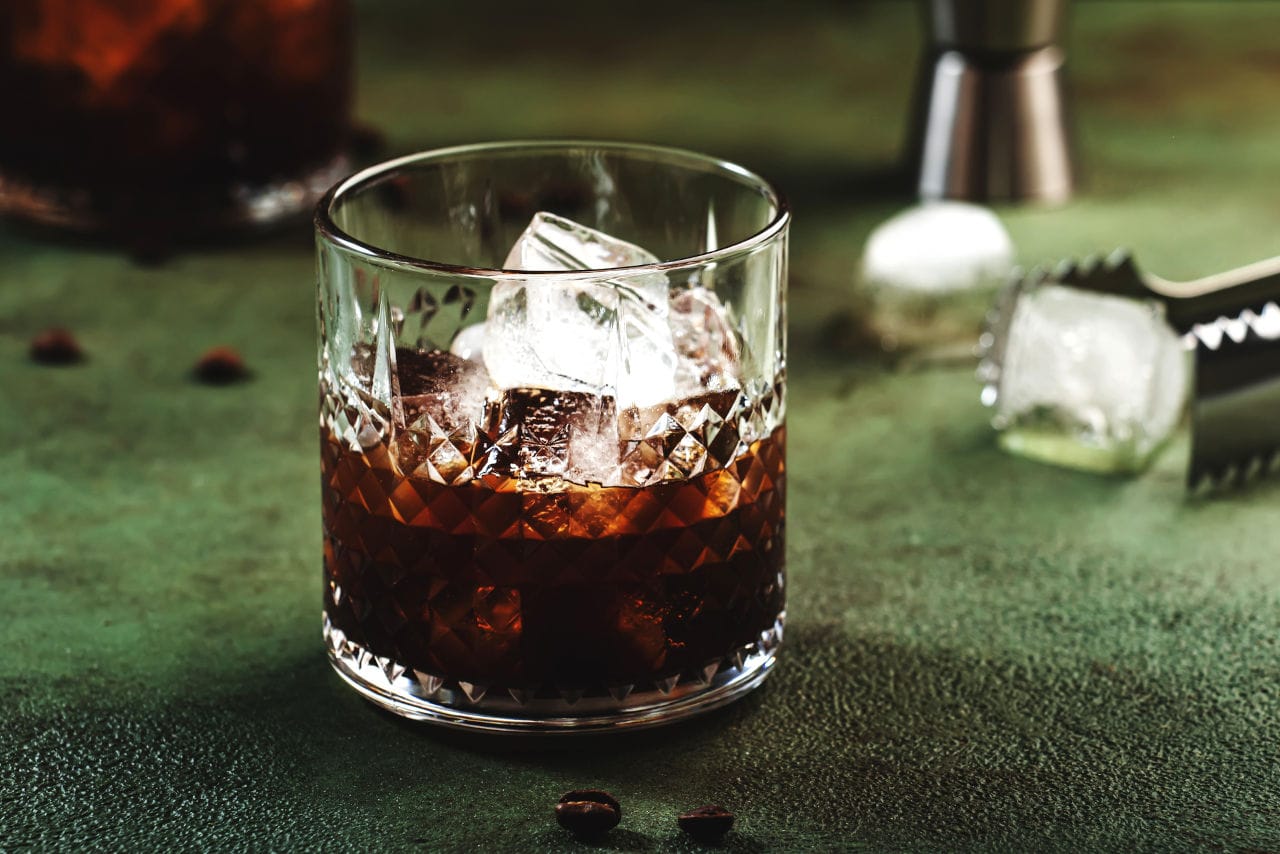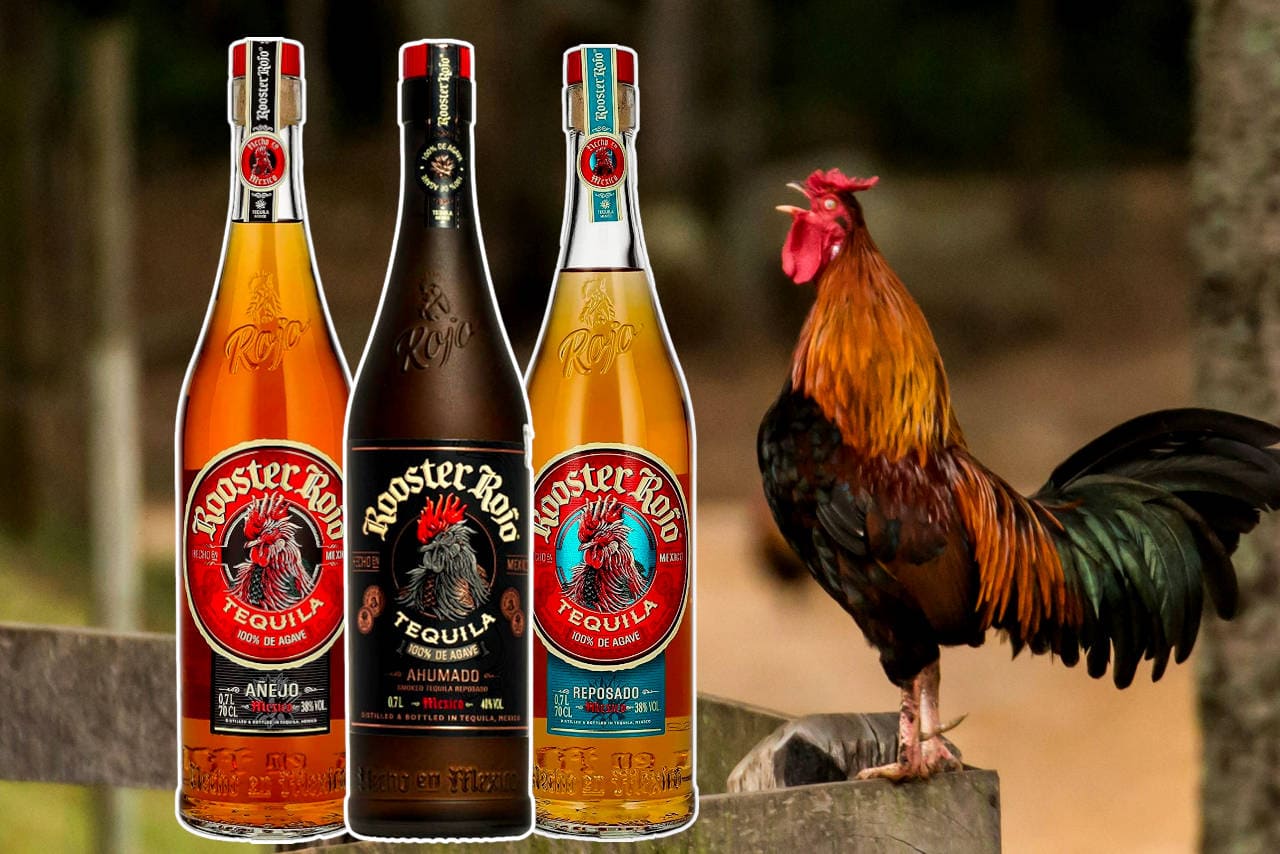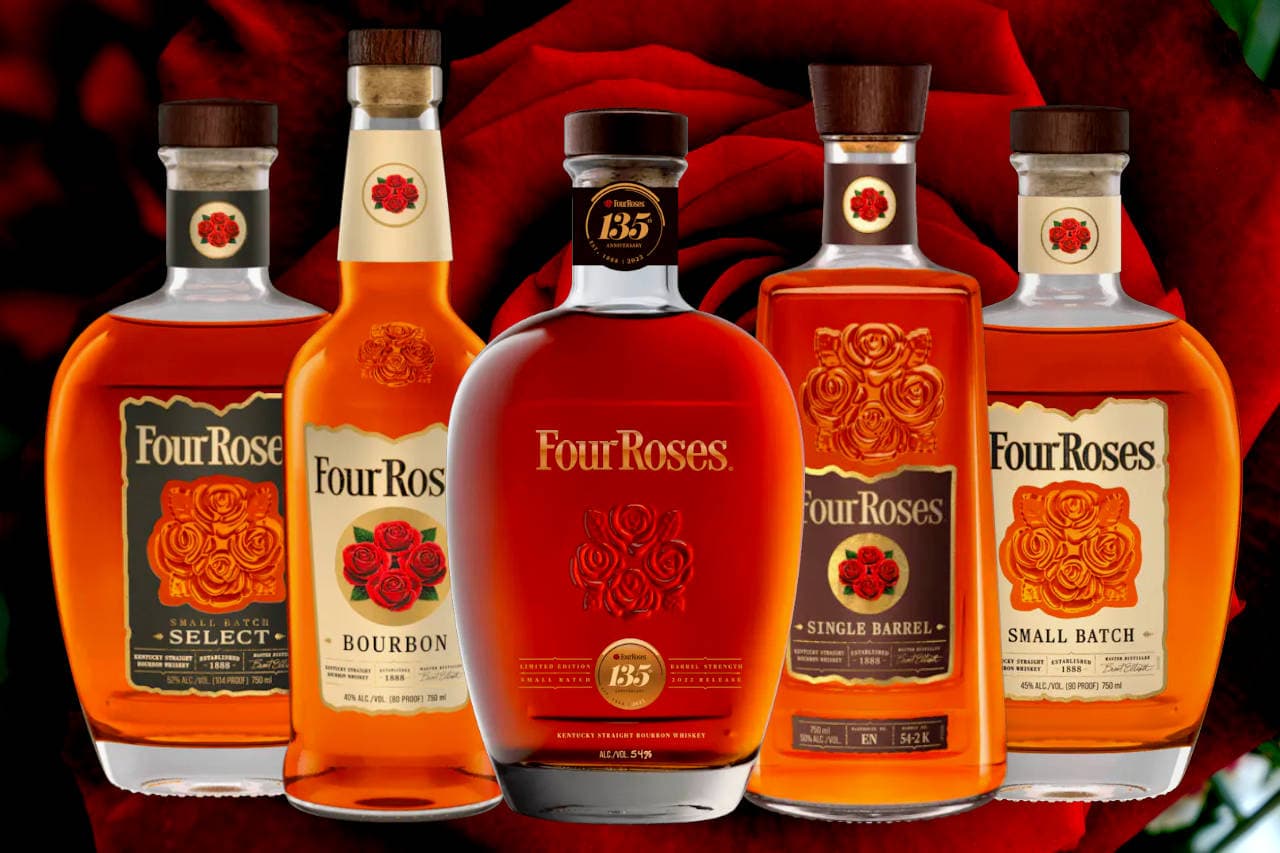As a worldwide rum revival continues, French rhum agricole has further renewed interest in classic rum cocktails. The best rhum agricole is both complex and flavourful; ideal for sipping and cocktails too!
While the French has known the delights of rhum for centuries, the drier, more vegetal, and terroir-driven nature of rhum agricole is something special and well worth discovering.

Best Rhum Agricole
Taste your way through this list of the best rhum agricole brands and experience the authentic taste of the Caribbean. Here are 5 to consider.
1. Clément Blanc Rhum
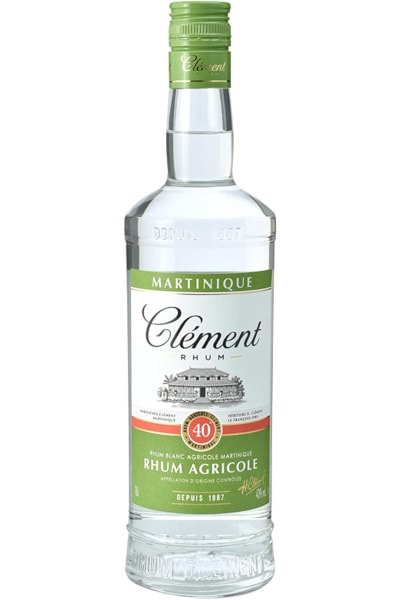
Overview
- Distiller: Clément
- ABV: 40% (80 Proof)
- Country: Martinque
- Colour: Clear
Review
Homère Clément, a doctor a mayor of Le François in Martinique, bought a 43-hectare sugar plantation in 1887 and began making rhum agricole at the on-site distillery.
Clément Blanc Rhum is a white rhum agricole made by pressing, fermenting, and distilling fresh sugarcane. They harvest the sugarcane close to the ground to retain flavour and aroma. Check out my white rum article too!
On The Nose
Clément Blanc Rhum shows a delicate scent of white flowers, herbal notes, and dry citrus on the nose.
On the Palate
This rhum opens with initial clean, sweet, and fruity notes, leading to a dry, grassy, herbal, and slightly earthy mid-palate. The herbal finish is quite dry, with hints of black pepper.
Best Served
Enjoy Clément Blanc Rhum neat, in the traditional Ti’ Punch, or in a rum-based cocktail such as a mojito, mai tai, or daiquiri.
Pricing & Info
You can check the latest pricing, product information, and order online.
2. Clément 10 Year Rhum
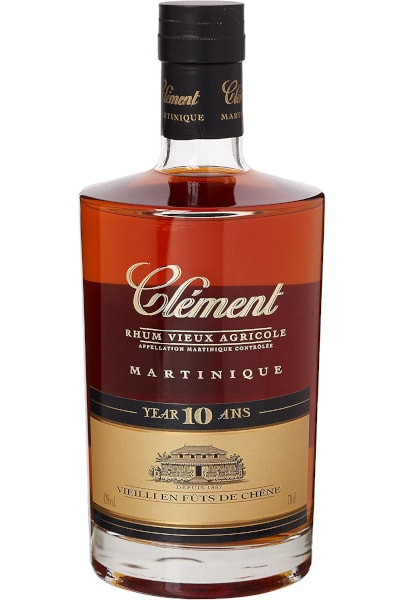
Overview
- Distiller: Clément
- ABV: 42% (84 Proof)
- Country: Martinique
- Colour: Amber
Review
Every year, Habitation Clément releases rhum agricole they have aged for ten years as part of the Grand Reserve portfolio, providing an outstanding aged rhum to complement their white offerings.
Clément 10 Year Rhum is a Vieux rhum agricole that they distil from freshly-pressed sugarcane juice before ageing for at least ten years in virgin and re-charred ex-bourbon oak barrels in Martinique.
On The Nose
Clément 10 Year Rhum displays rich wood and leather aromas combined with toasted fruit, cinnamon, and vanilla.
On The Palate
Oaky notes continue on the palate, with smooth, rich fruit, leather, and tobacco notes that mingle with warm bakery spice before leading to a long, dry finish.
Best Served
Clément 10 Year Rhum is best served neat as a sipping rum, a rum and coke, in cocktails such as a planter’s punch, or in a sidecar (instead of brandy).
Pricing & Info
You can check the latest pricing, product information, and order online.
3. Rhum J.M. XO Aged Rum
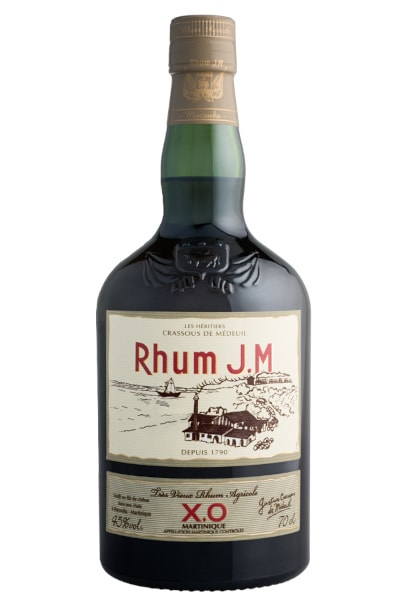
Overview
- Distiller: Rhum J.M.
- ABV: 45% (90 Proof)
- Country: Martinique
- Colour: Golden
Review
Rhum J.M.’s history of rum begins with the 18th-century creation of a 164-hectare sugar plantation and mill near the foot of volcano Mount Pelée, named Fonds-Préville.
Rhum J.M. X.O. Aged Rum is a Vieux rhum agricole, distilled from freshly-pressed sugarcane juice and aged for six years in ex-bourbon oak barrels.
On The Nose
Aromas of spicy oak and new-mown hay. Subtle cognac-like sweetness and vanilla mingle with dried fruit overtones.
On the Palate
This rhum opens with warm oak, vanilla, ginger, and spice, leading to a middle of honeyed dried fruit, roasted nuts, and ginger. The finish is long with pepper and leather.
Best Served
Rhum J.M. X.O. Aged Rum is best served with a splash of water and enjoyed as a sipper. Maybe try it in a Dark ‘n Stormy.
Pricing & Info
You can check the latest pricing, product information, and order online.
4. Damoiseau Rhum Blanc 50°
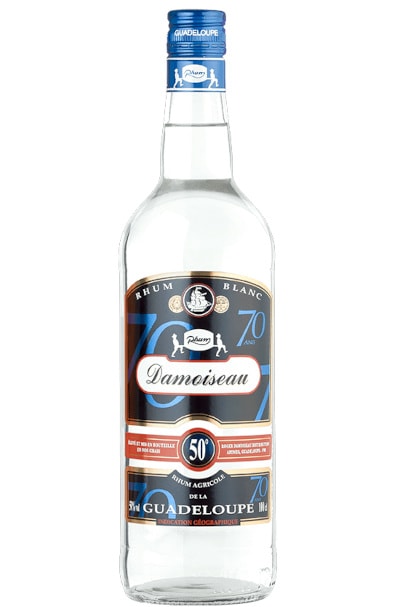
Overview
- Distiller: Damoiseau
- ABV: 50% (100 Proof)
- Country: Guadeloupe
- Colour: Clear
Review
The Bellevue estate on Grande-Terre, Guadeloupe, was purchased by Roger Damoiseau in 1942. Lime-rich soil conducive to sugarcane growth and a sunny micro-climate have benefited production.
Damoiseau Rhum Blanc 50° is a white rhum agricole distilled in a column still from freshly-pressed sugarcane juice fermented for 24 to 36 hours and bottled after resting for three to six months.
On The Nose
Damoiseau Rhum Blanc 50° displays grassy, floral sugarcane, hints of coconut and mint, and a pronounced fruitiness on the nose, with tropical passion fruit, mango, pineapple juice, and unripe banana.
On The Palate
Sweet grassy sugarcane, agave syrup, pineapple, passion fruit, and hints of coconut. Mid-palate brings green chilli heat leading to a medium finish with sweet citrus, pepper, and cardamom.
Best Served
Damoiseau Rhum Blanc 50° is best served neat, or in cocktails such as the Ti’ Punch, Gwada Mule, mojitos and daiquiris.
Pricing & Info
You can check the latest pricing, product information, and order online.
5. Boukman Botanical Rhum
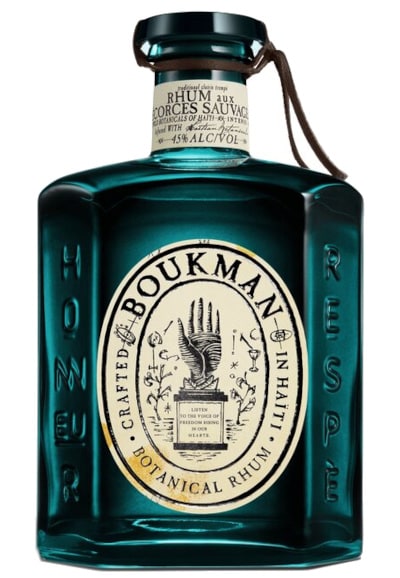
Overview
- Distiller: Boukman
- ABV: 45% (50 Proof)
- Country: Haiti
- Colour: Amber
Review
Founded by Josette Buffaret Thomas, Boukman Rhum takes clairin rhum from Croix des Bouquets in the south and Cap Haïtien in the north and infuses it with botanicals.
Boukman Botanical Rhum is an infused clairin rhum distilled from freshly-pressed sugarcane juice and infused with allspice, clove, cinnamon, bitter almond, vanilla, orange peel, and native woods and barks.
On The Nose
Boukman Botanical Rhum displays vegetal cut grass, cardamom, and cinnamon notes on the nose, with a distinctly woody character.
On The Palate
This rhum shows dry agricole funk on the palate, with distinctly bitter almond and wormwood notes contrasting with cinnamon, vanilla, grassy sugarcane, cloves, and citrus.
Best Served
Boukman Botanical Rhum is best served in cocktails such as Ti’ Punch, daiquiris, and piña coladas.
Pricing & Info
You can check the latest pricing, product information, and order online.

Andrew’s Top Pick

Clément 10 Year Rhum
My top pick rhum agricole is Clément 10 Year Rhum due to its rich fruits combined with smooth leather and tobacco flavours. The dry finish was a nice surprise. Highly recommended.
Conclusion
The best Rhum agricole offers a complex, vegetal, and funky Caribbean taste experience. Whether you appreciate these fascinating rums on their own or as part of a cocktail, you will find their distinctive characters worth exploring.
In contrast to most rums, whose manufacturers make them any way they please, rhum agricole has a distinctly spartan and authentic aesthetic that makes it unique.
Rhum Agricole Q&A
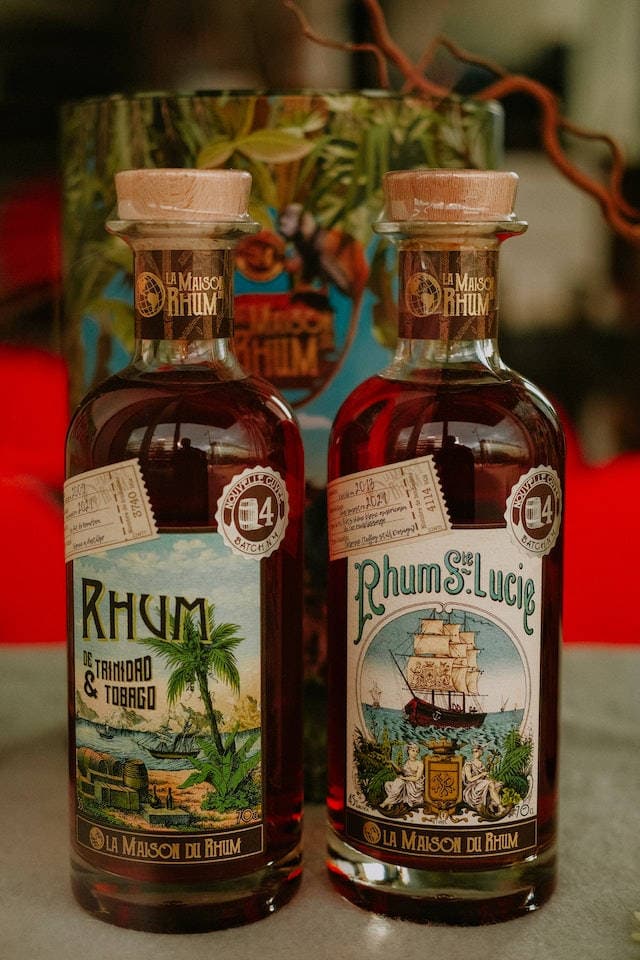
What Is Rhum Agricole?
Rhum is not a misspelling; it is the French spelling of rum and is often used in the Caribbean to refer to rhum agricole. The agricole part of the name means agricultural, in contrast to other rums distinguished as industrial.
Rhum agricole is rum derived by distilling freshly-pressed and fermented sugarcane juice, as opposed to rum, which is produced from cane byproducts like molasses (or sometimes evaporated sugar) cachaça, which is made exclusively in Brazil from fermented sugarcane juice.
It is usually produced on islands in the French Caribbean, such as Guadeloupe and Martinique, and many Martinique rhums are protected with AOC (Appellation d’Origine Contrôlée) status by the French Government. A related rum called clairin is produced in Haiti.
What Does Rhum Agricole Taste Like?
Rhum agricole tastes grassy and vegetal compared to rum, which is not all that surprising, considering sugarcane is grass. It also shows an earthy note and funk, with rhums from the north of Martinique having heavy, musky overtones due to forest yeasts and rhums from the southeast offering a crisper, fruity finish with hints of banana, guava, mango, pineapple, and papaya.
How Is Rhum Agricole Made?
There is considerable variation in how people make rhum agricole across the different islands of the Caribbean, with rhums produced outside the AOC Martinique sometimes including molasses in their raw materials. In this description of how producers make rhum agricole, we will concentrate on the production methods specified by the AOC.
Growers harvest sugarcane from plantations where clearly-defined cultivation methods keep yields at sustainable levels. Within 24 hours, they feed the sugarcane into cold-extraction presses to extract the juice. This juice must have a pH above 4.7 and a Brix level above 14.
The juice is placed into open containers no larger than 50,000 litres to ferment in batches without CO2 capture for a maximum of 72 hours. Fermentation is either spontaneous or the result of adding concentrated yeast solution.
Makers then distil the fermented juice. According to the AOC standards, distillers must distil it using continuous distillation columns with a diameter between 27 and 78 inches (known as Creole column stills). Other rhums agricole use pot stills.
The rhum is then sold either unaged (white) or aged when it is known as Elevé Sous Bois (aged for at least 12 months in oak) or Vieux (aged for at least 36 months in oak).

Further Reading
Below are some additional articles from The Drinks Geek blog. We write articles on several fascinating areas of drinks, including different brands, drink types, cocktail recipes and more.

